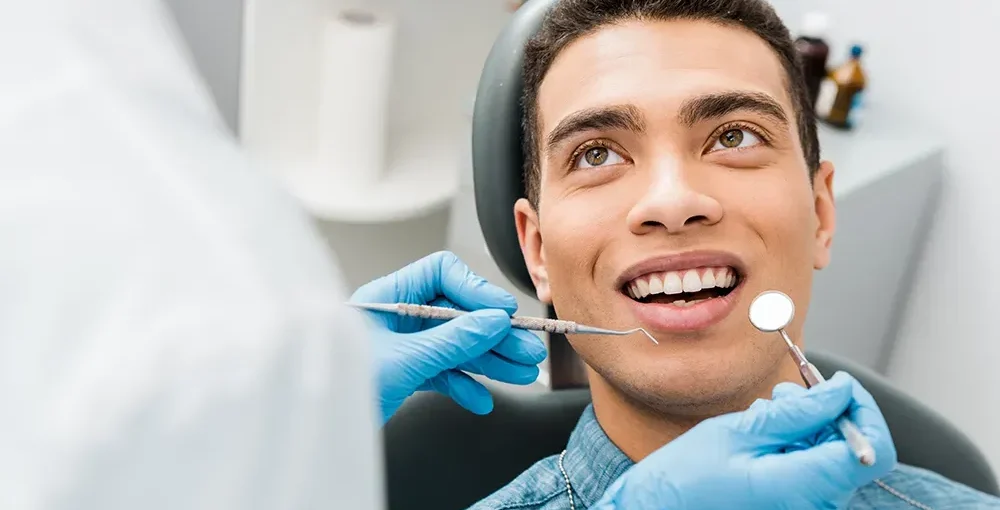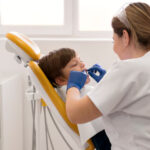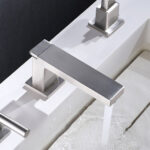For many people, visiting the dentist can be a daunting experience. Whether due to anxiety, fear of pain, or difficulty sitting through lengthy procedures, dental sedation provides a safe and effective way to make dental visits more comfortable.
Sedation dentistry uses medications to help patients relax during treatments, allowing them to receive the necessary dental care without stress or discomfort. With several sedation options available, patients can find the right level of relaxation suited to their specific needs.
This guide explores the different types of dental sedation, their benefits, who can benefit from them, and how to prepare for a stress-free dental visit.
Understanding Dental Sedation: What It Is and How It Works
Dental sedation involves the administration of sedative medications that induce a state of relaxation and calm during dental procedures. These medications help reduce fear, anxiety, and discomfort, allowing for a more pleasant experience at the dentist.
Unlike general anesthesia, which renders a patient completely unconscious, sedation dentistry keeps patients awake and responsive, while minimizing discomfort and stress.
Types of Dental Sedation
There are several levels of sedation used in dentistry, each catering to different patient needs:
1. Minimal Sedation (Anxiolysis)
- Involves taking a mild sedative (like a benzodiazepine) to induce relaxation.
- Patients remain fully awake but calm.
- Commonly used for mild anxiety or routine procedures.
2. Moderate Sedation (Conscious Sedation)
- Administered via oral medication or intravenous (IV) sedation.
- Patients remain conscious but deeply relaxed and may have limited memory of the procedure.
- Suitable for those with moderate dental anxiety or lengthy procedures.
3. Deep Sedation
- Delivered through IV sedation, making patients barely conscious but still responsive.
- Ideal for complex procedures or patients with severe anxiety.
4. General Anesthesia
- The patient is completely unconscious and unaware of the procedure.
- Typically used for extensive surgeries or when other sedation methods are insufficient.
The Benefits of Dental Sedation
Sedation dentistry offers numerous advantages, making it a valuable solution for individuals who struggle with dental visits.
✅ Reduces Anxiety and Fear
For individuals with dental phobia, sedation ensures a calm and stress-free experience, eliminating fear associated with dental work.
✅ Minimizes Pain and Discomfort
Sedation helps patients with low pain tolerance or sensitive teeth by reducing discomfort during procedures.
✅ Improves Patient Cooperation
Patients who have difficulty sitting still or those with special needs can comfortably receive treatment with sedation.
✅ Makes Lengthy Procedures More Manageable
With sedation, complex or multiple treatments can be completed in a single visit, reducing the need for multiple appointments.
✅ Suppresses Gag Reflex
A strong gag reflex can make dental work uncomfortable. Sedation helps relax throat muscles, allowing for smoother procedures.
Who Can Benefit from Dental Sedation?
Dental sedation is recommended for:
✔️ Patients with dental anxiety or phobia
✔️ Individuals requiring extensive or invasive dental work
✔️ People with low pain tolerance or high tooth sensitivity
✔️ Those with a strong gag reflex
✔️ Patients with special needs or movement disorders
✔️ Anyone who has had traumatic dental experiences
How to Prepare for a Sedation Appointment
Proper preparation ensures safety and effectiveness when undergoing dental sedation.
Before the Procedure:
- Follow the required fasting guidelines (no food 6-8 hours before).
- Wear comfortable, loose-fitting clothing.
- Arrange for a responsible adult to drive you home.
- Avoid consuming alcohol or caffeine before the procedure.
After the Procedure:
- Expect mild drowsiness as the sedative wears off.
- Avoid driving, heavy machinery, or making important decisions for the next 24 hours.
- Stay hydrated and eat light meals.
- Rest and follow any post-care instructions provided by your dentist.
Overcome Dental Anxiety with Sedation Dentistry
Dental sedation is a safe, effective, and life-changing solution for those who struggle with dental anxiety. Whether you need a simple procedure or extensive treatment, sedation can help you feel relaxed and comfortable throughout the process.
Take the first step toward a stress-free dental experience—explore dental sedation options and schedule a consultation today!











